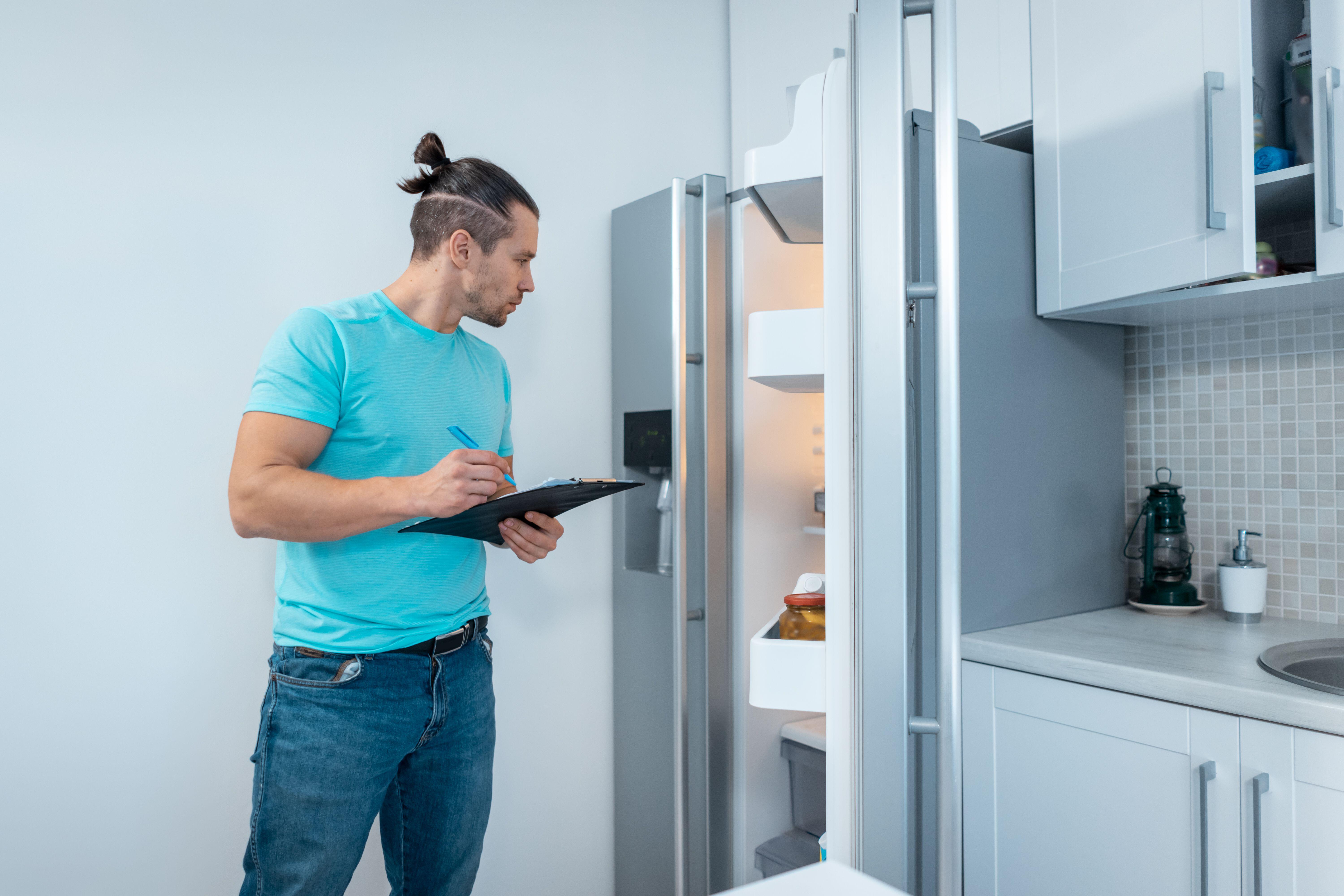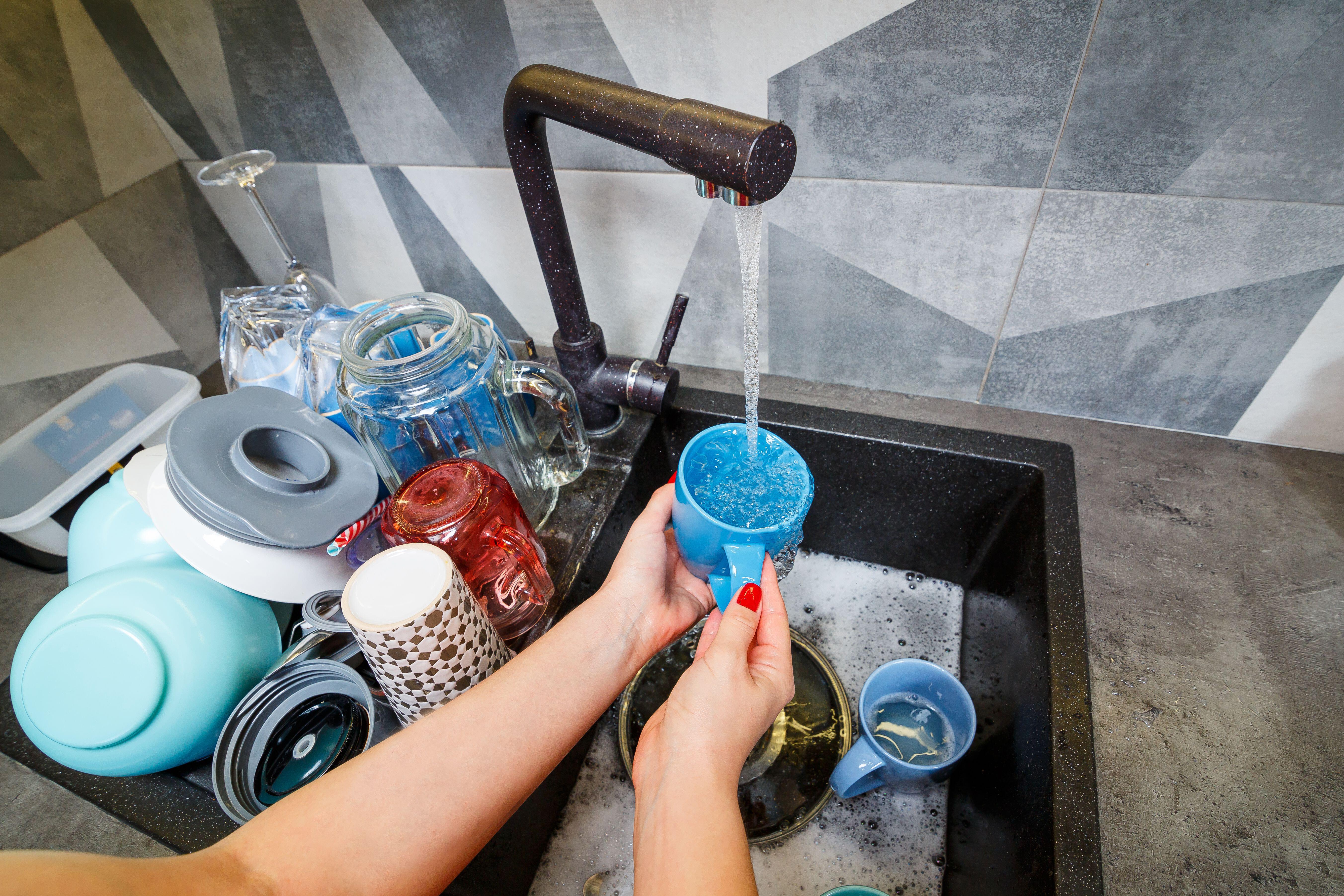
Amidst the ongoing cost-of-living crisis and soaring inflation, households are scrutinising their spending habits more closely than ever.
While many instinctively cut back on discretionary spending like new clothes, daily coffees, or dining out, and even cancelling memberships, simpler ways to reduce expenditure often exist.
One such overlooked method, potentially right under our noses, is unplugging household appliances.
Lisa Stanley, chief sustainability officer at Zero and co-founder of Good With Money, asserts that unplugging appliances from the wall '100 per cent saves money'. She highlights studies from consumer champion Which? which indicate this simple habit could lead to annual savings of up to £60.
“The reason why it saves money is because if you leave sockets turned on, or plugs turned on at the socket, it has this thing called vampire power,” Stanley explains.

“It actually continues to suck the power once you turn off the socket but when you unplug the appliance, it breaks the circuit and can no longer continue to take that flow of electricity.”
Although appliances can eat up energy a lot, Stanley says it’s ‘simple, small lifestyle changes that can make a difference and they don’t need to impact your quality of life at all’.
What appliances take up most energy?
“When it comes to your fridge and freezer for example, they are quite energy-hungry but of course you’ve got to keep them turned on all the time,” Stanley says. “Other appliances, like your set-top box, actually use quite a lot of energy too but you may find that if you turn that off then it messes with your settings, so you may not want to do that frequently.
“However, you can also look at your laptops and TVs because you can turn your TV off without it impacting your set-top box. All of your tech actually uses around 6% of your entire home’s energy and that isn’t including someone who is working at home daily or a heavy gamer.
“Unfortunately, other kitchen appliances, such as a dishwasher, can use up to 4% of your home’s energy in a year but you can start looking at using the eco-settings.”
What changes can people make when thinking about appliances?
“The first thing you can do is make sure you’re not falling victim to vampire power and you’re turning off all your sockets as much as possible,” Stanley says. “Really think about it. For example, when I’m working at home I will plug my laptop in, go downstairs to get lunch and I leave it plugged in, even if my laptop is fully charged – so be aware of these things.”
“Secondly, you can switch to LED light bulbs which are also much kinder to the planet and are longer lasting. The manufacturing impact of them is also better because you’re not having to replace them all the time.

“Thirdly, if you’re boiling the kettle – which is really energy hungry – make sure if you’re only making a cup of tea for one person, pour it into a mug before you pour it into the kettle. That way, you’re only boiling as much water as you need and it’s also saving water – which at the moment is really important that we try and do.
“You can also wash your dishes by hand, run all your appliances on the eco-setting or when washing your clothes, turn down the temperature to 20 or 30 degrees or even cold if you can, as that can make a massive difference to both the amount of energy used and the cost.
“At this time of the year as it is hot, fans are another thing to think about when it comes to energy. If it’s a standard desk fan, you can get it from somewhere like John Lewis and costs 1p an hour to run, versus if you’ve got one of the Dyson fans that are also air purifiers, they can cost up to 66p an hour to run.
“There are also massive differences with the type of smart speakers too. Be aware that keeping music playing when you’re not in the room is essentially sucking power when it’s not needed.”
Inflation latest: Rising fuel and food costs behind surprise rise
Will interest rates be cut in August? Key factors and 2025 predictions
How rising inflation impacts your mortgage and savings
Energy bills to rise because of delays to Labour’s plan to slash prices
Business news live: Land Rover to cut jobs, M&S give staff extra discount







